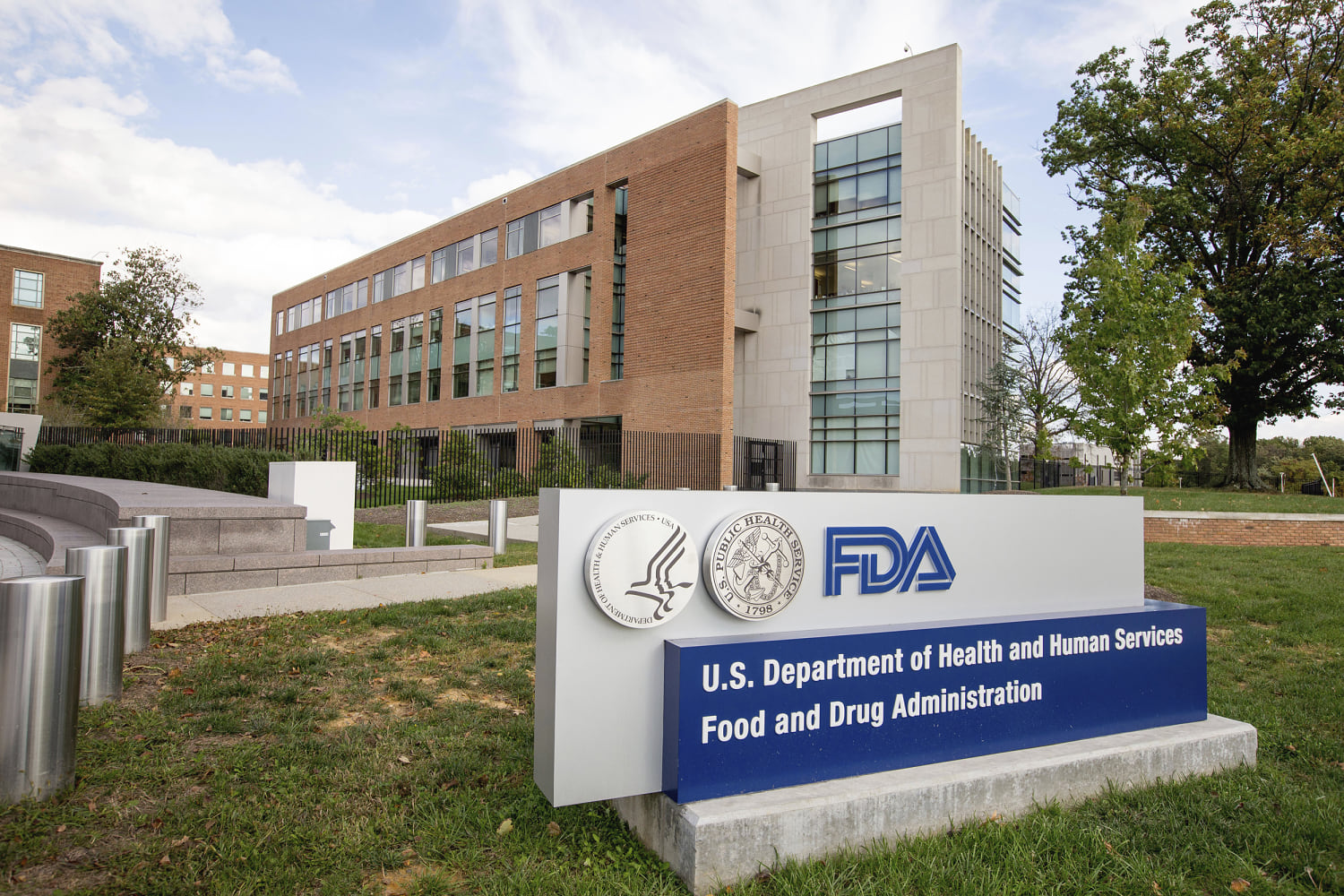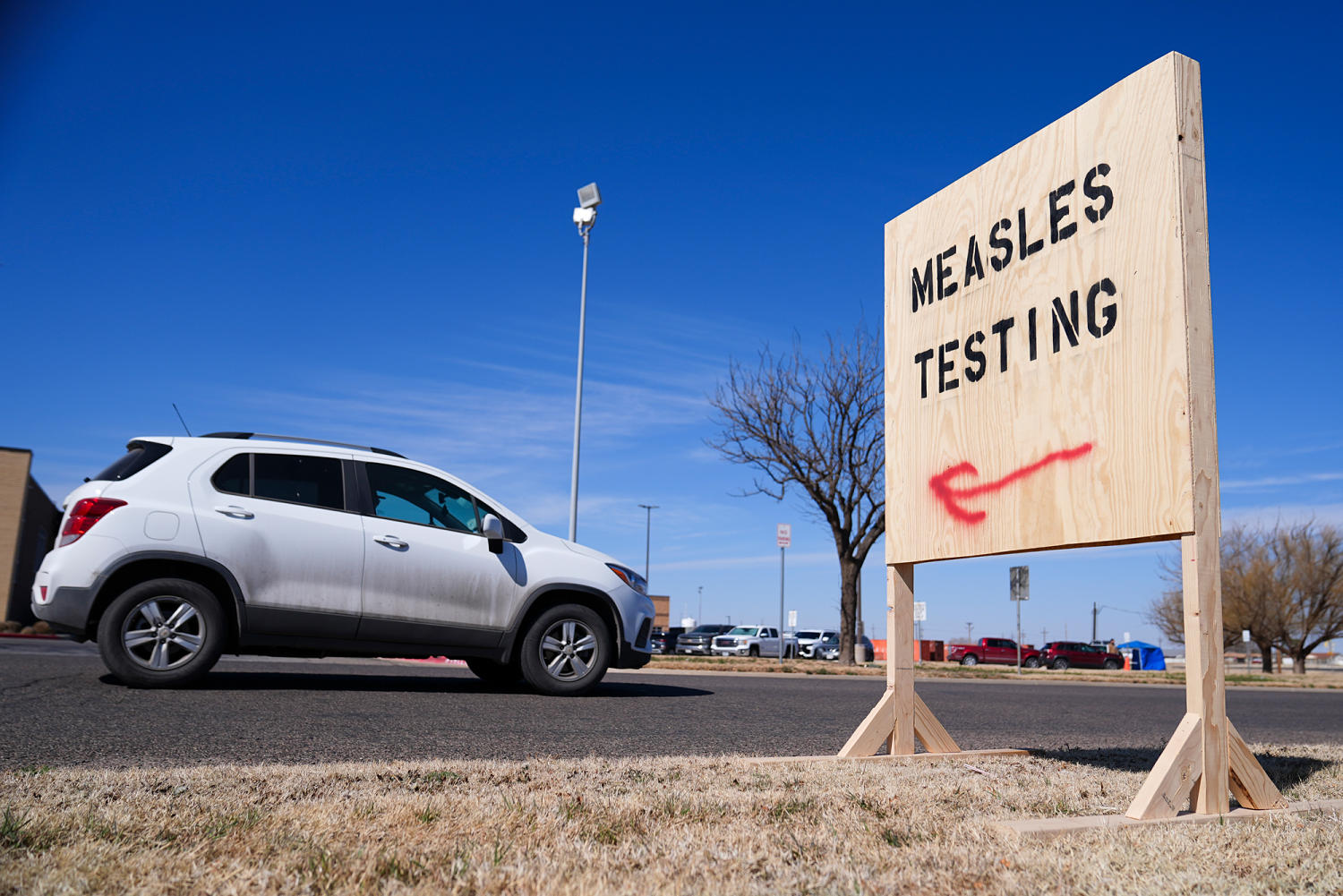Adulteration, illegal slaughter of horses, and products not receiving the necessary checks feature in the latest report on possible frauds and other non-compliances raised by EU member states. The number of food and other fraud suspicions discussed by European countries remained stable in April. The 341 alerts are similar to… Continue Reading Government Agencies, World, Alert and Cooperation Network (ACN), European Commission, food fraud, fruits and vegetables, rasff Food Safety News
Adulteration, illegal slaughter of horses, and products not receiving the necessary checks feature in the latest report on possible frauds and other non-compliances raised by EU member states.
The number of food and other fraud suspicions discussed by European countries remained stable in April. The 341 alerts are similar to the 345 in March but up from 318 in February and 277 in January.
The issues identified are potential, but not confirmed, frauds. Listed non-compliances may prompt investigations by authorities in EU member states. Data comes from the fourth monthly report published by the European Commission.
Data includes suspected cross-border fraud topics shared between members of the Alert and Cooperation Network (ACN) and retrieved from the Rapid Alert System for Food and Feed (RASFF), Administrative Assistance and Cooperation Network (AAC) and the Agri-Food Fraud Network (FFN).
It covers food, animal feed, food-contact materials, animal welfare for farmed animals, plant protection products, and veterinary medicine products that end up as residues and contaminants in food and feed.
The aims are to assist national authorities in setting up risk-based controls to combat fraudulent and deceptive practices, help the food sector with vulnerability assessments, and identify emerging risks.
Highlighted incidents
In total, 99 notices mentioned fruit and vegetables. Dietetic foods, supplements, and fortified foods were in second place with 44 alerts, followed by cereals and bakery products with 21 notices.
The majority of issues were detected through border inspections or market controls. A few were based on whistleblower information and media monitoring. Eighteen were found after consumer complaints and 27 after company internal checks.
In April, 10 alerts involved the United States. They included sunset yellow in snacks, titanium dioxide in confectionery, and ingredients in food supplements not authorized in Europe.
Product tampering cases included additives not compliant with EU maximum levels, such as sulfites in shrimp from Spain and Venezuela. Adulteration examples involved oils from the Netherlands and Italy, water added to squid from China and ham from Italy, and synthetic vanilla in ice cream from Belgium instead of natural vanilla.
Unapproved processes featured irradiation of a food supplement from Belgium, a reddening process of tuna from Spain, and ethylene oxide in masala from India.
Record tampering incidents included falsification of the origin of berries from Morocco, quality issues with grade A eggs from the Netherlands, extended best-before dates of beef sausages from Greece, and a range of health and nutrition claims.
Other issues included illegal slaughter and traceability defects involving horses from Ireland, Italy, Spain, and the Netherlands. 1,3-Dimethylamylamine (DMAA) was discovered in a food supplement from Ukraine.
Several non-compliances mentioned ingredients not authorized in the EU and pesticides above the maximum residue limits (MRL). Several alerts were due to traceability concerns, illegal import, or products skipping border controls.
(To sign up for a free subscription to Food Safety News, click here.)








